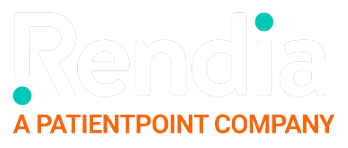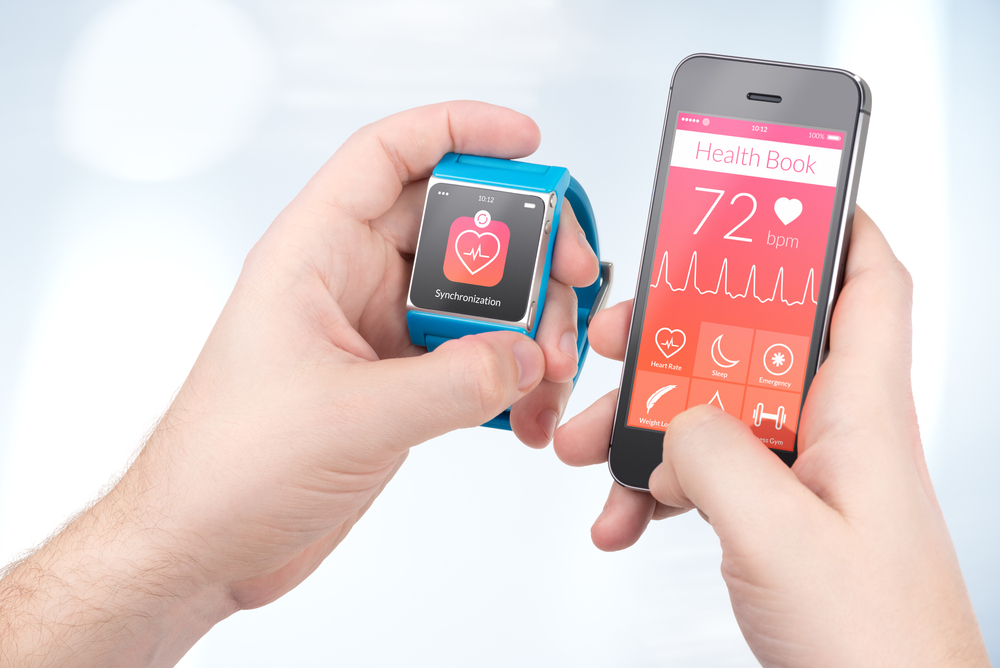What’s on the horizon for health care technology in 2015? IT research and advisory firm Gartner, Inc., has predicted that tablets will be a big tech trend, as they can be used in many ways by businesses and medical practices to enhance and streamline processes — and they also have that “cool factor” that consumers appreciate. Mobile will also continue to be a top trend.
Tech-industry experts said at a recent panel that the Internet of Things, the sector for interconnected devices, will lead to big advancements in health care in the coming year. Data analytics and predictive technologies will enable more personalized medicine.
And as doctors continue purchasing and integrating health care technology including electronic health records systems to meet government regulations, data interoperability will become even more important. Health care IT “is going to be an increasingly important trend to watch,” said John Flavin, executive director of the Chicago Innovation Exchange at the University of Chicago.
I asked several of my colleagues here at Rendia to talk about their predictions for health care technology in 2015. Here’s what they had to say.
Smitha Gopal, CEO:
I think that price transparency will become an even more important topic in 2015. As health care becomes more expensive, and 10 million newly insured people are navigating the health marketplace, consumers are becoming increasingly savvy about the cost of care. I think providers and staff are already hearing additional questions about out-of-pocket costs, and for elective procedures, some patients are comparison-shopping providers and facilities before opting to have a procedure. Websites like CakeHealth already help patients understand their health spending — I think next year we’ll see the development of pricing comparison websites and apps to help patients make more informed decisions.
Ultimately, price consciousness is a good thing — consumers who care about the cost of care are likely to be more proactive patients who are more diligent about follow-up care and are more motivated to make healthy lifestyle choices. And for everyone’s sake, we must at least slow the pace of increases in health care spending.
Rob Stretch, Director of Sales:
I think that mobile payments will be a hot trend in 2015. Patients (myself included) want a simpler way to pay medical bills rather than getting buried in paperwork that is mailed out after an appointment. Mobile payments gained popularity with devices like Square, but now that Apple has launched their own mobile pay service — and I’m sure Android isn’t far behind — I think use will grow much faster and will expand from retailers into health care. It’s also a way for providers to be more engaged with their patients.
Michael Sopher, President:
I see wearables as being an important trend in 2015. At the 2014 International Consumer Electronics Show in Las Vegas, LG and Garmin introduced devices that track everything from heart rate and blood pressure to a patient’s oxygen saturation. It is said that by 2018, 130 million wearables will be acquired by consumers. Wearables are the perfect application for health care.
Google’s Project Iris is currently testing a smart contact lens that can monitor glucose levels in diabetics, fitness devices like Nike’s FuelBand track the steps you take and motivate you to push your workout even further, and there are even ingestible computers — pills stuffed with minuscule sensors like the one from Proteus Digital Health — that help track a patient’s responses to medicine. And combined technology from Google and Philips allows physicians performing surgery to simultaneously monitor a patient’s vitals and react to changes without diverting their attention from the patient or procedure.
It’s an exciting time for health care technology. In many cases, the technologies of the future are already here. Doctors are already using tablets, cloud-based software programs, and high-tech medical animations to educate their patients and market their practices in an increasingly competitive, consumer-driven health care environment.
To find out more about integrating technology into your practice, contact us today.

